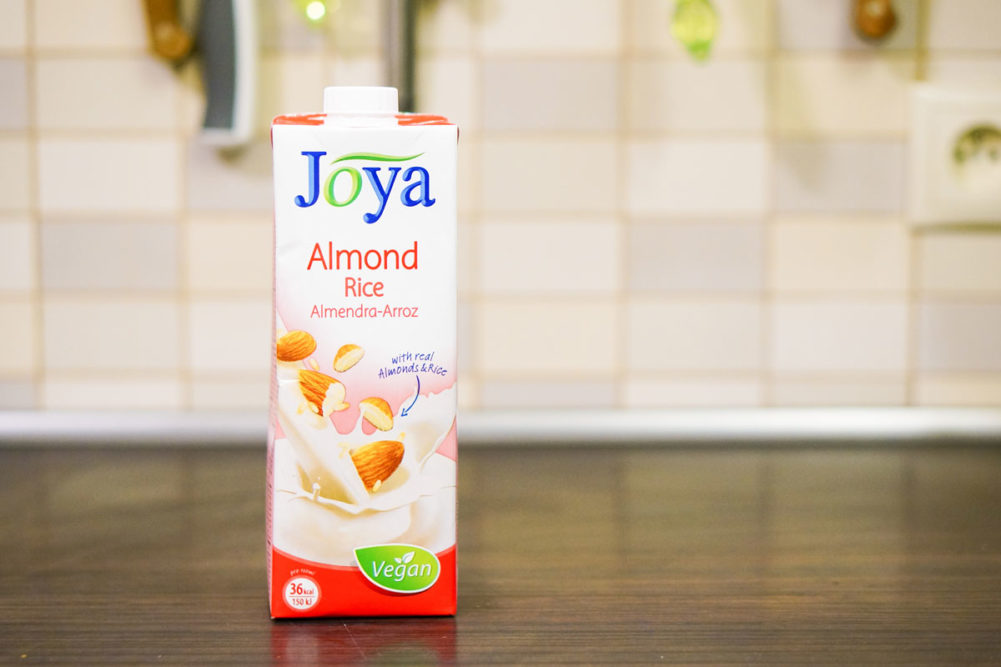LAKE SUCCESS, NY. — The Hain Celestial Group saw continued momentum in North America during the first quarter, but volatility in Europe weighed on international and company-wide results.
Net income in the first quarter ended Sept. 30 was $6.9 million, equal to 8¢ per share on the common stock, down from $19.4 million, or 20¢ per share, in the same period a year ago. Quarterly sales fell 3.4% to $439.4 million from $454.9 million.
North America business unit sales increased 9% to $288.4 million, with segment adjusted operating income increasing 21% to $24.8 million.
“While this is less growth than we achieved in Q4, much of the softening was expected,” said Mark L. Schiller, president and chief executive officer, during a Nov. 8 conference call with financial analysts.
The company pulled back promotional spending on brands experiencing supply chain disruptions. Other headwinds included shortages of baby formula following a surge in demand in the fourth quarter and the loss of club programs for snacks and personal care products.
The supply chain disruptions largely have been resolved, but ongoing shortages of baby formula and the loss of club programs will contribute to softness in the second quarter, Mr. Schiller said. The second quarter also could prove challenging for the company’s tea business.
“We expect softening of the tea category due to warmer weather and overlapping the omicron COVID surge from last year,” Mr. Schiller said. “We’re working with our retail partners on how to best improve the shelf set and merchandise the category to optimize the upcoming season.”
Snack brands were a bright spot for the company’s North America business unit. The Terra and Sensible Portions brands gained share in both units and dollars. Sales of Terra potato and vegetable chips grew 27% in the quarter, “the highest quarterly growth on the brand in almost four years,” Mr. Schiller said.
Overall softness in the non-dairy beverage category was a headwind for the company’s international business segment, with sales falling 20% to $151 million in the three-month period. Adjusted segment operating income was $8 million, down 68% from a year ago, driven by lower sales and higher energy costs.
Hain Celestial last spring lost a co-manufacturing contract for non-dairy beverages. While it has recouped approximately 70% of the lost volume, the gains were offset by declines across the company’s higher-margin brands and branded customers.
“As the economy gets weaker and we see people migrating to private label, the branded part of the category is softer,” Mr. Schiller said. “Most of the contracts that we have added are branded players… So, while we’re gaining volume by bringing on more customers, the size of that volume and the size of orders from existing customers has abated.”
Executives at Hain Celestial expect a return to profitable growth in the second half of the year, driven by fewer supply disruptions, more contracts for the non-dairy beverage business and price increases across the company’s global portfolio.
“Input costs are starting to crest,” Mr. Schiller said. “And while we expect second-half inflation to still be up double digits, it should be lower than what we experienced in the first half.”





